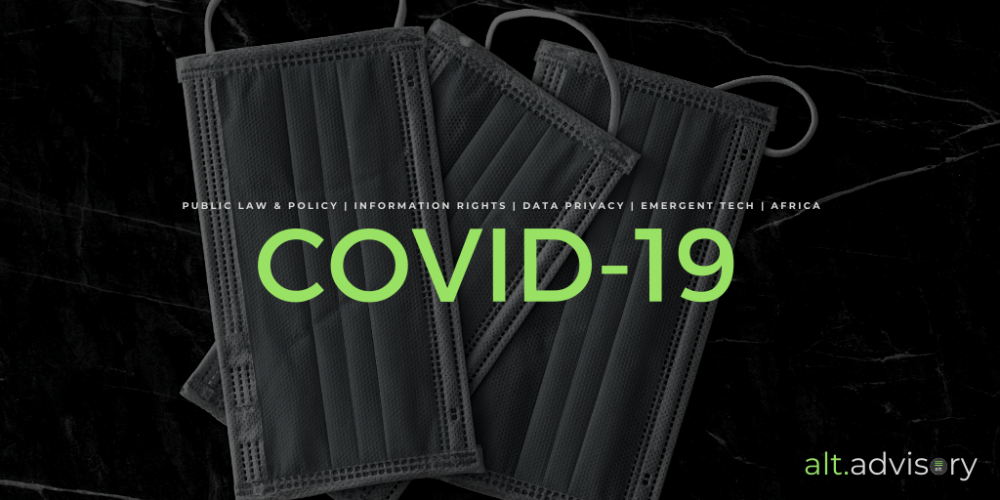International experts publish Joint Declaration on Freedom of Expression and Elections in the Digital Age
On 30 April 2020, the United Nations Special Rapporteur on Freedom of Opinion and Expression, the Organization for Security and Co-operation in Europe Representative on Freedom of the Media and the Organization of American States Special Rapporteur on Freedom of Expression published the Joint Declaration on Freedom of Expression and Elections in the Digital Age (the Joint Declaration).
The Joint Declaration sets out recommendations for both state and non-state actors. In respect of state actors, the Joint Declaration contains the following general principles:
- States should put in place a regulatory and institutional framework that promotes a free, independent and diverse media, in both the legacy and digital media sectors, which is able to provide voters with access to comprehensive, accurate and reliable information about parties, candidates and the wider electoral process.
- States should promote effective access to the internet and other digital technologies for all parts of the population, including by closing digital gaps based on gender, race, ethnicity, disability, socioeconomic status and other bases, and putting in place clear requirements and policies to ensure respect for the principle of net neutrality.
- States should ensure that any restrictions on freedom of expression that apply during election periods comply with the international law three-part test requirements of legality, legitimacy of aim and necessity, which implies the following: (i) there should be no prior censorship of the media, including through means such as the administrative blocking of media websites or Internet shutdowns; (ii) any limits on the right to disseminate electoral statements should conform to international standards, including that public figures should be required to tolerate a higher degree of criticism and scrutiny than ordinary citizens; (iii) there should be no general or ambiguous laws on disinformation, such as prohibitions on spreading “falsehoods” or “non-objective information”; and (iv) any limits imposed on media reporting on public opinion polls during elections should also be in strict conformity with the three-part test.
- State actors should never use their positions or power to undertake measures with a view to unduly influencing media reporting, including on elections, whether direct measures, such as through licensing of the media or exercising control over public media or media regulators or indirect measures, such as by limiting access to newsprint, radio frequencies or the ability of media outlets to distribute their products freely throughout the country.
- State actors should ensure that the media enjoys robust access to sources of official information and to candidates for public office, and does not face undue barriers to their ability to disseminate such information and ideas, including during the public health pandemic of COVID-19, and including by implementing the principles of the Joint Declaration.
The Joint Declaration is accessible here.
Please note: The information contained in this note is for general guidance on matters of interest, and does not constitute legal advice. For any enquiries, please contact us at [email protected].


